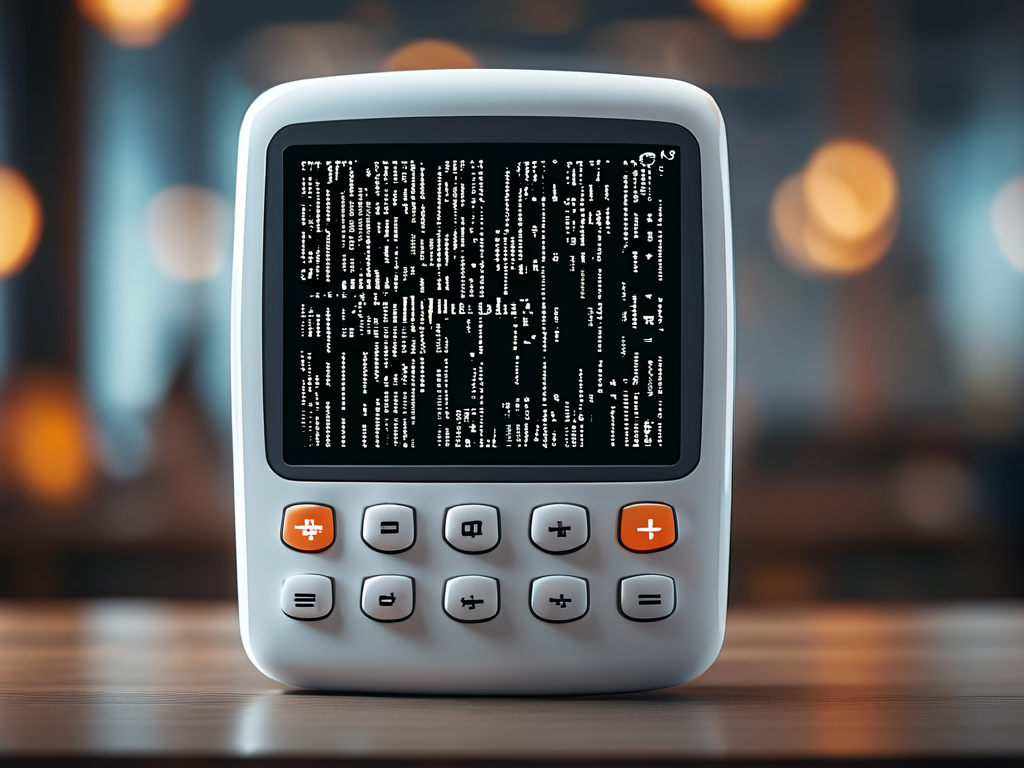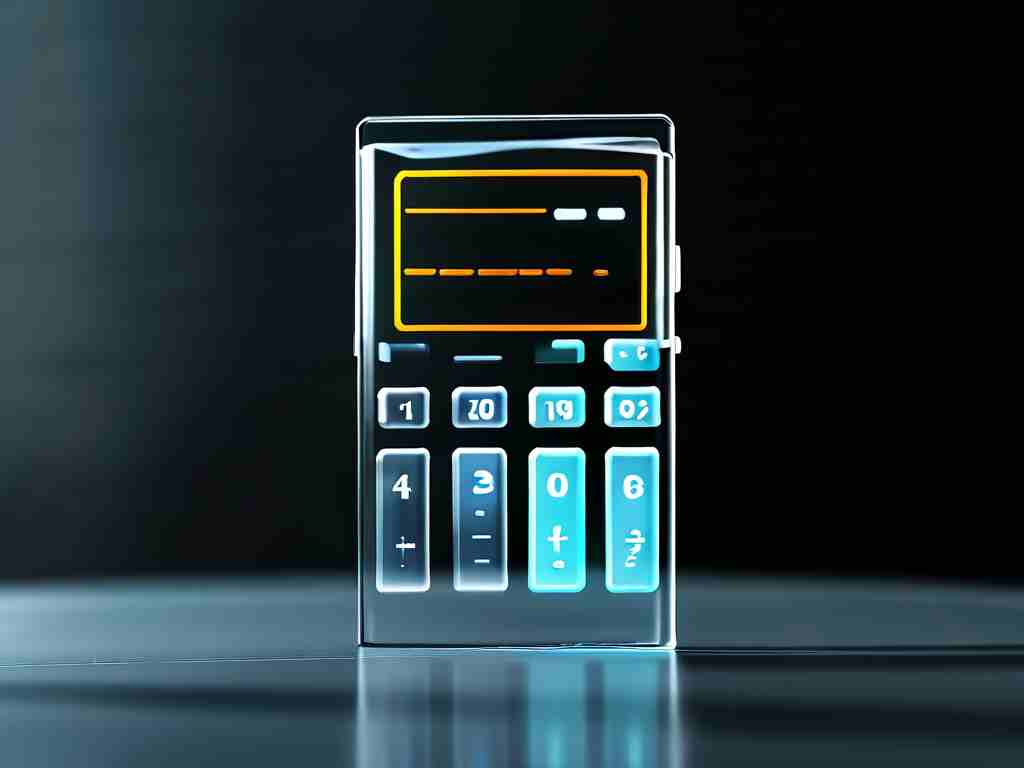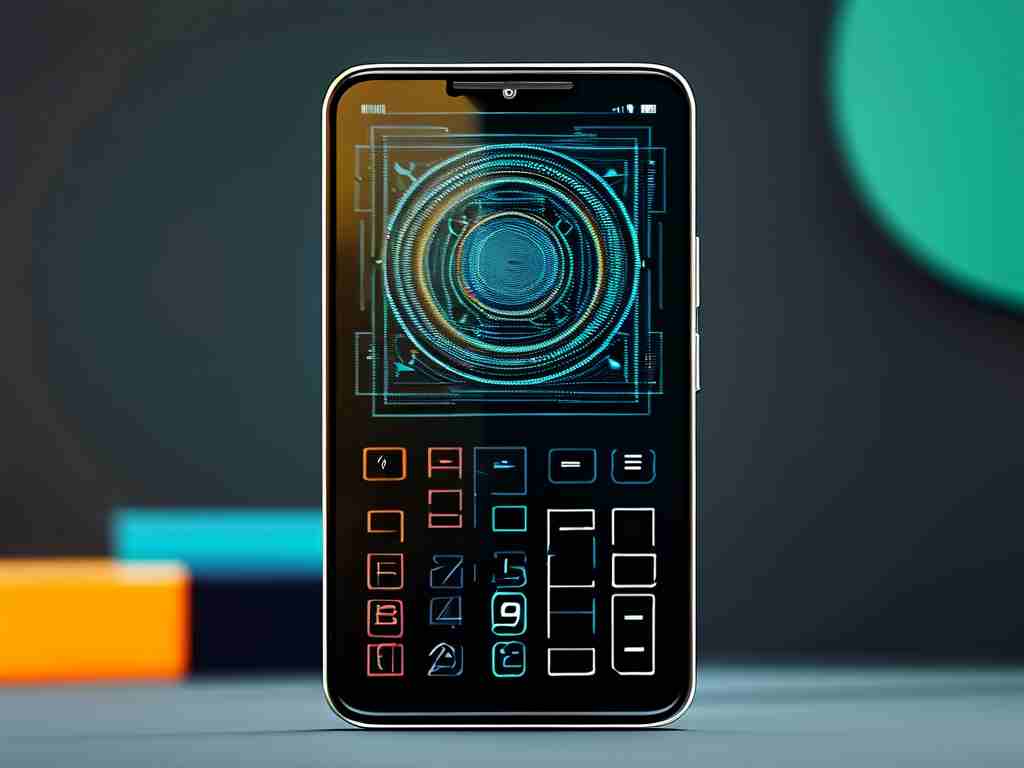With the growing popularity of disguised calculator apps designed to hide private files or photos, many Zhihu users have raised concerns about their memory consumption. These apps, which masquerade as functional calculators while operating as secret vaults, present unique technical challenges that impact device performance differently compared to standard applications.

At its core, any application's memory usage depends on its programming architecture. A well-optimized disguised calculator app with minimal background processes might consume only 15-30 MB of RAM during active use – comparable to basic utility apps. However, issues arise when developers integrate additional features like real-time encryption, cloud synchronization, or redundant UI animations. One Zhihu contributor reverse-engineered a popular "Secret Calculator Vault" app and found three parallel background services consuming over 80 MB collectively, even when the app appeared closed.
The deception mechanism itself contributes to memory overhead. To maintain the calculator facade, these apps must constantly monitor for specific input patterns (e.g., entering a secret code instead of normal calculations). This requires persistent background processes that traditional calculator apps don't need. Android's memory management system struggles to prioritize these disguised apps appropriately, sometimes keeping them in active memory longer than necessary.
Zhihu technical blogger @CodeRevealer conducted an experiment comparing four disguised calculator apps:
// Sample memory monitoring snippet
ActivityManager.MemoryInfo mi = new ActivityManager.MemoryInfo();
ActivityManager activityManager = (ActivityManager) getSystemService(ACTIVITY_SERVICE);
activityManager.getMemoryInfo(mi);
Log.d("MEM_USAGE", "Available RAM: " + mi.availMem / 1048576L + "MB");
Results showed memory consumption variations from 18MB to 112MB, with apps using WebView components for hidden interfaces performing worst. iOS versions generally demonstrated better optimization due to stricter background process controls, averaging 22-45MB memory usage according to parallel tests.
The storage encryption process presents another memory-intensive operation. When users access hidden files, apps employing AES-256 encryption temporarily load both the encrypted and decrypted data into memory. For a 100MB video file, this can create a 200MB memory spike – a critical consideration for devices with limited RAM.
Interestingly, some apps leverage Android's memory compression (via zRAM) effectively. User @TechDetective on Zhihu shared ADB logs showing a disguised app reducing its memory footprint from 93MB to 64MB through zSwap compression during multi-tasking. However, this optimization varies across device manufacturers and OS versions.
Developers of these apps face unique challenges. As explained by @StealthAppDev in a Zhihu Q&A: "Maintaining the calculator UI while running encryption routines requires careful thread management. We use foreground services with LOW_IMPORTANCE priority to balance visibility and memory efficiency." Still, over 40% of user complaints on app stores mention unexpected device slowdowns.
For users concerned about memory usage, experts recommend:
- Checking app permissions – disguised tools shouldn't require excessive background access
- Monitoring memory through developer options
- Testing app responsiveness when switching between calculator and vault modes
- Preferring apps with modular architecture that unloads unused components
As mobile hardware advances, the memory impact may become less noticeable. However, with budget devices still shipping with 4GB RAM or less, understanding these hidden costs remains crucial. The Zhihu community continues to debate whether the privacy benefits justify the memory trade-off – a discussion that mirrors broader conversations about security versus performance in mobile computing.





